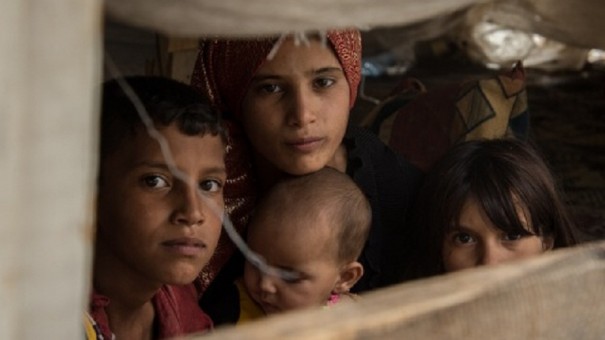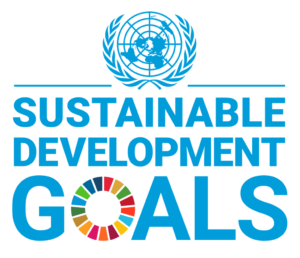
A global coalition of more than 90 humanitarian and human rights groups, including Islamic Relief, say world leaders must commit to an ambitious and transformational new multi-billion-dollar deal for both the refugees and host countries.
The coalition, representing organisations that also included Oxfam and the Malala Fund, said that to be a success, the conference – co-hosted by the UK, Germany, Norway, Kuwait and the UN – must deliver a bold new plan for Syrian refugees and the communities hosting them.
As the crisis enters its sixth year and ongoing suffering reaches historic proportions in scale and intensity, warring parties continue to commit war crimes, including besiegement and targeting of civilians. Over 13 million people inside Syria are in need of emergency relief and on average, 50 Syrian families have been uprooted from their homes every hour of every day since the conflict began in 2011.
“It will not be enough simply to pledge more money, though this is urgently needed,” said Dr Rouba Mhaissen, founder of Sawa for Development and Aid. “London must represent a step-change in the scale and ambition of the international response. Governments must do more to help Syrians lead more proactive, dignified lives and ease the strain on host communities in neighbouring countries. Refugees’ rights must be respected, and they should have the opportunity to work and educate their children.”
The coalition said that any new deal from the conference must:
- Deliver significant additional multi-year funding to meet immediate and longer-term needs of refugees and the countries hosting them.
- Call for increased protection of civilians inside and outside of Syria including an end to attacks on homes, schools and medical facilities, siege tactics and the obstruction of humanitarian aid;
- Enable refugee-hosting countries to remove barriers that prevent refugees from working and accessing basic, essential services such as health care;
- Commit to ensuring that all Syrian refugee children, and children in the communities hosting them, receive quality and safe education from the next school year;
- Pledge to harness the potential for international financial institutions and business leaders to invest in the region’s economic recovery and growth;
- Put in place coordination and accountability mechanisms so that the plan is delivered efficiently;
“Syrians are facing a war without law and a war without end,” said David Miliband, President and CEO of the International Rescue Committee. “The latest harrowing scenes from the besieged town of Madaya and the rising pressure on neighbouring states need to spur political leaders to act. The relentless suffering of the Syrian people should be a global call to action for humanitarian assistance to alleviate suffering and for political action to bring the war to an end.”
The UN is appealing for US$7.73 billion to respond to the Syria crisis, while regional governments’ national response plans require a further US$1.2 billion. Last year, the UN appeals were less than 60 per cent funded. Conference participants must do better this year and ensure the UN and host countries get the money they need to support those affected by the conflict, now and in future years. This money should be augmented by private sector investment and engagement by financial institutions to drive economic growth and create jobs.
“Only an end to the fighting and a negotiated political solution will stop the suffering of ordinary Syrians, which is why it’s important that international governments push for agreements in the Geneva Syrian Peace Talks,” said Jan Egeland, Secretary General of the Norwegian Refugee Council.
“But in the mean time it is imperative that we invest in hope, education and livelihoods for the civilian population and pave the way for a more stable future.”
A version of this article first appeared on www.islamic-relief.org.uk.




